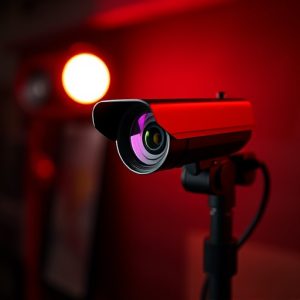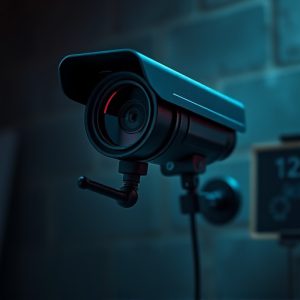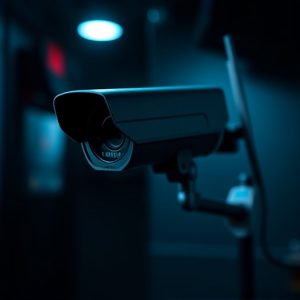Spy Camera & Microphone: Unveiling Capabilities, Legalities, and Ethical Uses
Spy audio recorders (hidden cameras with microphones) are advanced, discrete surveillance tools that…….
Spy audio recorders (hidden cameras with microphones) are advanced, discrete surveillance tools that capture sound and video through high-resolution sensors, even in low light. Wireless communication and encryption protect privacy. While offering legitimate uses for safety, evidence gathering, and law enforcement, these devices face significant legal and ethical restrictions due to their potential for privacy invasion. Their integration into everyday objects like pens raises complex dilemmas regarding trust, confidentiality, and the rights of individuals. Users must navigate legal boundaries and adopt ethical practices as spy cameras and microphones become more sophisticated.
Uncover the fascinating world of spy audio recorders—discreet devices that capture sound without revealing their presence. This article delves into the multifaceted capabilities and uses of these advanced tools, exploring how modern spy cameras and microphones work in tandem to provide clear, high-quality recordings. We navigate the legal and ethical complexities surrounding their use, offering insights for informed decision-making in an era where privacy and surveillance intertwine.
Understanding Spy Audio Recorders: Uncovering Their Capabilities and Uses
Spy audio recorders, also known as hidden cameras with microphones, are sophisticated devices designed to capture sound discreetly. These tiny gadgets can be easily concealed in everyday objects like pens, keys, or even clothing, making them powerful tools for surveillance and monitoring. Their primary function is to record conversations and sounds without the knowledge of those involved, offering a level of privacy invasion that raises ethical concerns.
The capabilities of spy audio recorders are quite impressive. They often feature advanced microphones that can pick up sound from considerable distances, ensuring clear recordings. Many models also include additional features like night vision cameras, motion sensors, and long-lasting batteries, enabling them to operate for extended periods without detection. These devices have a wide range of uses, from personal safety and evidence gathering to corporate espionage and law enforcement operations. However, their use comes with legal restrictions, and it’s crucial to understand the ethical and legal boundaries surrounding their deployment.
The Technology Behind: How Spy Cameras and Microphones Work Together
Spy cameras and microphones work together seamlessly, leveraging advanced technology to capture audio and video secretly. The spy camera, often disguised as a common household item, contains high-resolution sensors capable of recording clear images even in low-light conditions. Simultaneously, miniature microphones integrated into these devices pick up sound waves with remarkable sensitivity, ensuring every whisper and conversation is captured accurately.
These components communicate via wireless signals, allowing for real-time transmission of both audio and video data to a connected device. Encryption technologies protect this exchange, ensuring the privacy and security of the recorded content. The combination of high-tech sensors, sophisticated signal processing, and robust encryption makes spy cameras and microphones powerful tools for surveillance, offering users the ability to gather information discretely and effectively.
Legal and Ethical Considerations: Navigating the Complexities of Using Spy Audio Recorders
The use of spy audio recorders, often integrated into seemingly innocuous devices like watches or pens, raises a complex web of legal and ethical concerns. While these tools can provide valuable evidence in certain situations—such as in cases of suspected infidelity, workplace theft, or personal safety—their deployment is fraught with pitfalls. Many countries have stringent regulations regarding the use of hidden cameras and microphones to record conversations without explicit consent, primarily to protect privacy rights guaranteed by law.
In terms of ethical considerations, the very nature of spy audio recorders as covert surveillance devices fosters an atmosphere of distrust and invasion of personal space. Using such devices can erode societal trust, breach confidentiality, and even lead to false accusations or misunderstandings if evidence is obtained through unethical means. As technology advances, it’s crucial for users to understand the legal boundaries surrounding these tools and prioritize ethical use to ensure they do not infringe upon others’ rights and privacy.


